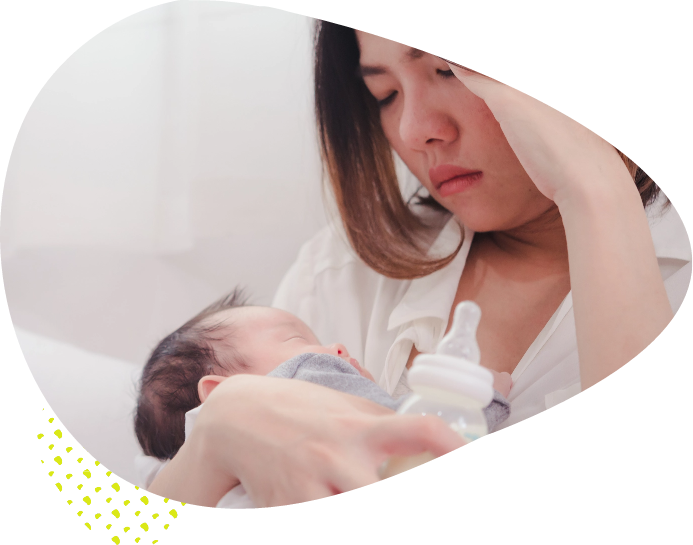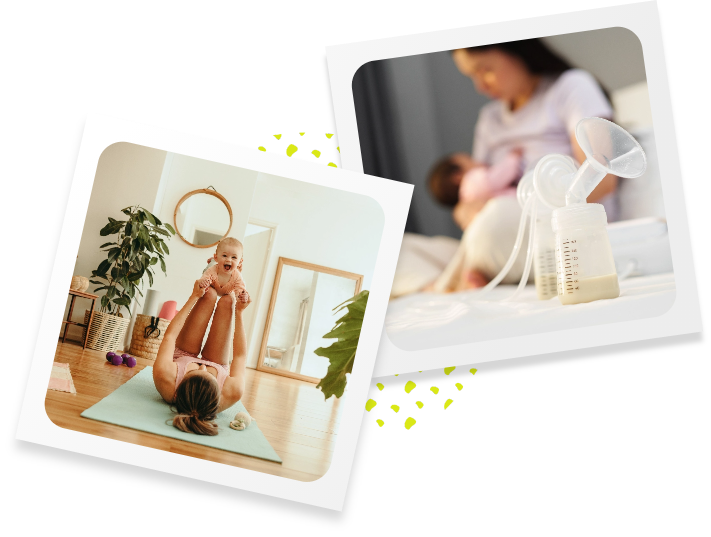Post-Natal Health
Bites Dietitians can help you in a number of ways after giving birth
Maternal recovery after birth
Post – Partum Weight Loss
There are lots of events during pregnancy, complications during labour and issues post birth such as severe blood loss (haemorrhage), infection, trauma, pre-eclampsia, gestational diabetes and hyperemesis gravidarum that can leave your body deficient in key nutrients such as iron, zinc, folate, calcium and more. Our Dietitians will listen to your pregnancy and birth story and design a meal plan to get your body back on track and functioning at its best!
Breastfeeding
There are lots of events during pregnancy, complications during labour and issues post birth such as severe blood loss (haemorrhage), infection, trauma, pre-eclampsia, gestational diabetes and hyperemesis gravidarum that can leave your body deficient in key nutrients such as iron, zinc, folate, calcium and more. Our Dietitians will listen to your pregnancy and birth story and design a meal plan to get your body back on track and functioning at its best!
Infant nutrition
There are lots of events during pregnancy, complications during labour and issues post birth such as severe blood loss (haemorrhage), infection, trauma, pre-eclampsia, gestational diabetes and hyperemesis gravidarum that can leave your body deficient in key nutrients such as iron, zinc, folate, calcium and more. Our Dietitians will listen to your pregnancy and birth story and design a meal plan to get your body back on track and functioning at its best!

An interesting fact about diet and breastfeeding
How can Bites Dietitians help?

An interesting fact about diet and rheumatoid arthritis
You can start exercising safely again at 6 weeks post birth if cleared by your women’s health physio and/or GP or Obstetrician!
What improvements can you expect from a tailored exercise program?
- Increased breast milk supply
- Feeding with more ease
- Understanding your baby’s reactions to foods and investigating any allergies and/or intolerances
- Improvements in pelvic floor strength
- Feeling stronger and able to cope with the demands of motherhood
- Successful management of mild prolapse
- Achieving adequate energy intake to support breastfeeding mothers Returning towards pre-baby weight post–partum
- Reduction in risk of progression towards Diabetes if you had Gestational
- Diabetes when pregnant.

An interesting fact about exercise and Post Natal Health
Helpful things to bring/remember before your first appointment
- Referral from your GP or other health care professional if you have one
- Blood test results and/or discharge paperwork post birth
Want To Know More About Other Conditions We Treat?
